As part of the ongoing GFRID process, the Summit is a
continuation of the previous forum, held virtually in 2021,
and the observance events of the International Day
of Family Remittances (IDFR), held in Ghana, Kenya,
South Africa and The Gambia in June 2022.
The Summit will be a key milestone in laying the ground
for the upcoming SDG Summit, later in 2023, and the
next Implementation Review of the Global Compact for
Safe, Orderly and Regular Migration (GCM).
The GFRID Summit
2023 aims at:
- creating a process for continuous engagement among key African and global public and private sector representatives, as well as the civil society;
- promoting both African and global best practices to reduce the cost of remittances, while fostering financial inclusion through market competition, innovative business models and the use of disruptive technologies; and
- developing multi-stakeholder strategies and partnerships to scale up successful financial vehicles involving migrant/diaspora contributions, through investment and entrepreneurship;
- contributing to global processes on remittances, investment and development, i.e. achievement of the Sustainable Development Goals (SDGs) and implementation of the Global Compact on Migration, among others.
Several sessions were dedicated to the link between remittances and climate adaptation.
- Migrants’ contribution to climate adaptation and resilience: towards a new paradigm?
- Remittances and diaspora investment for climate adaptation and ecosystem restoration.
- Bridging diaspora investment with climate finance: practical cases.
Extracts of the programme:
14/06 RESCUING THE SDGS BY 2030: EMPOWERING ONE BILLION REMITTANCE FAMILY MEMBERS
We need to bring remittances at the core of the development debate, while underlining their link to the climate change challenge. We need to team up to encourage more productive use of remittances. The European Commission considers the Global Forum on Remittances Investment and Development, a central venue for advancing the overall remittances action agenda. Jutta Urpilainen
14/06 HARNESSING THE POWER OF MIGRANTS: MISCONCEPTIONS AND OPPORTUNITIES
14/06 MIGRANTS’ CONTRIBUTION TO CLIMATE ADAPTATION AND RESILIENCE: TOWARDS A NEW PARADIGM?
In Africa the restoration process is taking the form of the Great Green wall. It's a massive African led Multiset sector Integrated Development Program. At the one planet Summit, 19 billion US dollars was pledged for implementation. It links Europe and Africa around the 3 issues: resilience, land, and migration. In this context the three Ss approach was born with a view of boosting security, stability and sustainability in Africa. It's grounded on the idea that no one should be forced to abandon their home because of land degradation and drought. And that by restoring the land and by building resilience, we offer communities the chance to stay, to invest and to bring their lands back to life. Because well managed land is a buffer against soaring temperatures, drought and floods. But despite our best efforts, many dryland areas are and will become unlivable. Environmentally induced, forced migration will increase and migration can of course, be an adaptation strategy. Louise Baker, Managing Director of the Global Mechanism of the United Nations Convention to Combat Desertification (UNCCD).
14/06 SUSTAINABILITY, STABILITY AND SECURITY IN AFRICA: REMITTANCES AND DIASPORA INVESTMENT FOR CLIMATE ADAPTATION AND ECOSYSTEM RESTORATION
14/06 MAKING DIASPORA INVESTMENT MARKET-ORIENTED
This panel discussed: Common traits of diaspora investment; Identifying the right product(s) for the right segment(s); New opportunities for pooling diaspora resources.
15/06 BRIDGING DIASPORA INVESTMENT WITH CLIMATE FINANCE: PRACTICAL CASES
This panel discussed: Diaspora and climate finance linkages; from anecdotical data to evidence-based strategies; scaling-up existing adaptative diaspora investments.


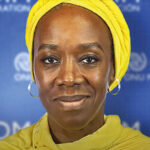
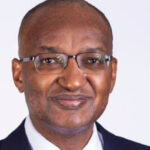
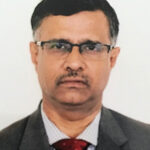

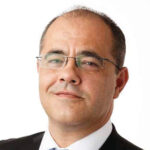

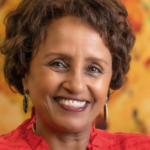



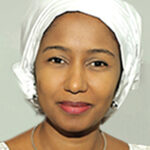
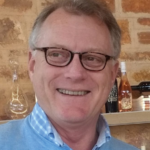
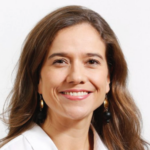








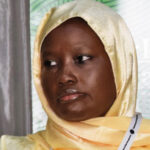


No comments:
Post a Comment